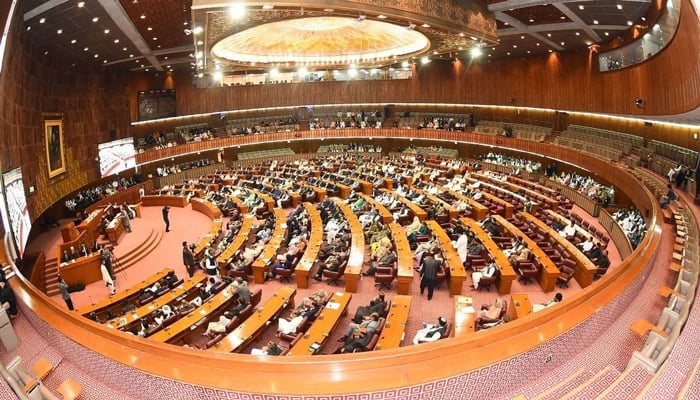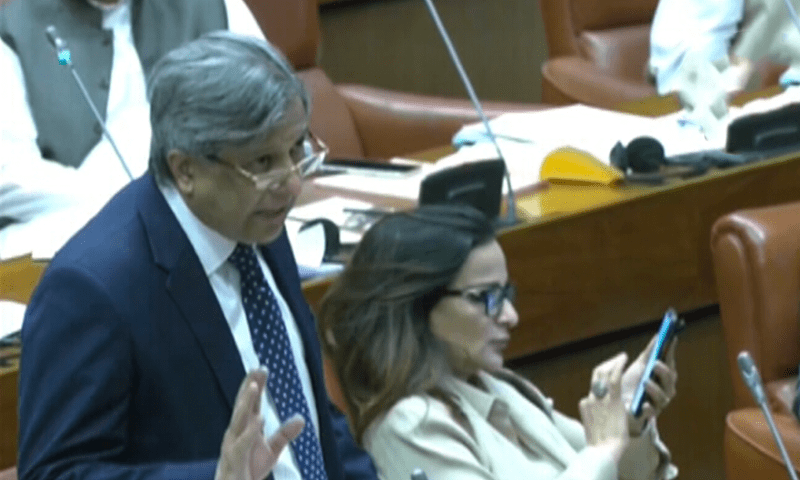ISLAMABAD: The relevant standing committee of the Senate referred the Official Secrets (Amendment) Bill, 2023, to amend the century-old Official Secrets Act, after facing strong opposition during the passing attempt in the upper house of Parliament.
The bill, passed by the National Assembly, aims to grant broad powers to intelligence agencies, allowing them to raid and detain any citizen under suspicion of breaching the law.
Law Minister Azam Nazeer Tarar presented the bill in the Senate in the absence of Interior Minister Rana Sanaullah Khan, leading to loud opposition from both sides of the aisle.
Senate Chairperson Sadiq Sanjrani announced that the Official Secrets (Amendment) Bill, 2023 would be referred to the standing committee for further consideration.
The amendments in the secrets act expand the definitions of military installations and include digital and modern means of communication. This could potentially include vloggers and bloggers within the law’s scope.
The definition of “document” has been broadened to include various forms of information related to the military’s procurements and capabilities.

The Bill
The bill also introduces a new definition of “enemy” that encompasses anyone working with a foreign power. Or entity deemed harmful to Pakistan’s safety and interests.
The proposed law would empower intelligence agencies. Such as the Inter-Services Intelligence (ISI) and Intelligence Bureau (IB). To conduct raids and make arrests based on suspected breaches of official secrets.
The bill introduces penalties for disclosing the identity of intelligence agency members or informants. And expands prohibited areas to include peacetime.
It also empowers the Federal Investigation Agency (FIA) and intelligence agencies to investigate suspects for violating the Official Secrets Act.
Legal experts note that the proposed law might have been influenced by the May 9 violence. Following the arrest of PTI chief Imran Khan, it may not be applied retrospectively. However, there are concerns that the new provisions could potentially be used against politicians or activists in the future.


